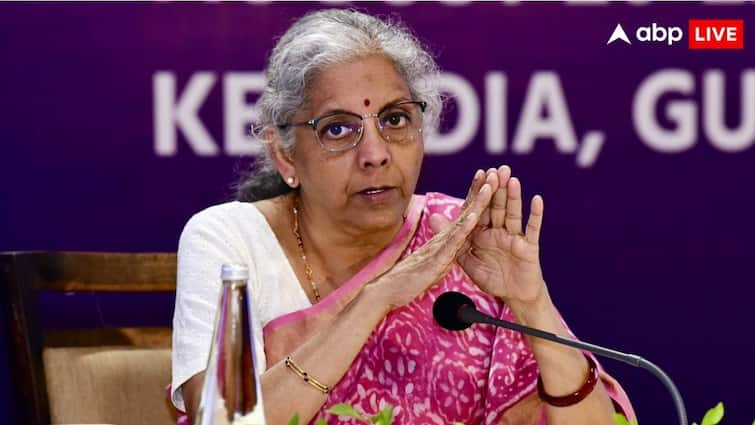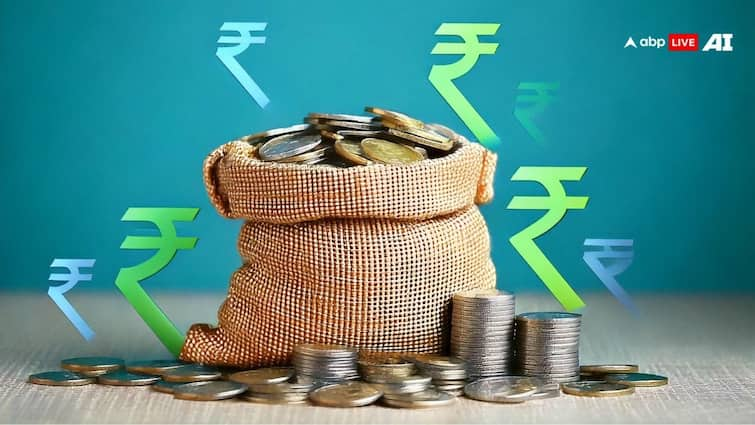Finance Minister Nirmala Sitharaman on Friday positioned India as a stabilising force in the face of global turbulence, while cautioning against widening imbalances and volatility.
Delivering the inaugural address at the fourth edition of the Kautilya Economic Conclave 2025 in New Delhi, she underscored how India’s domestic growth anchors are cushioning external shocks.
The conclave, themed “Seeking prosperity in turbulent times”, brought together policymakers, economists and industry leaders to reflect on the evolving international order, reported ANI.
Sitharaman described the present global environment as anything but ordinary, noting that “to call it turbulent, in some sense, would be to understate the scale of the challenge at hand.” She said the world was witnessing a structural transformation in the very foundations of trade, alliances, and financial systems, with uncertainty now becoming the defining norm.
A Structural Transformation of the Global Order
The finance minister stressed that the global order was undergoing a profound shift, with multipolarity replacing dominance by a single power. “The international order is morphing. Trade flows are being reshaped, alliances are being tested, investments are being rerouted along geopolitical lines, and shared commitments are being re-examined,” she observed.
She also reflected on Asia’s rising prominence, where nations are asserting alternative models of growth and governance.
“What we face is not a temporary disruption but a structural transformation. The question is: What lies on the other side of this transformation? What will the new equilibrium look like? Who will shape it, and on what terms?” Sitharaman remarked.
India’s Role in the Evolving Landscape
While acknowledging the scale of uncertainty, Sitharaman highlighted India’s position as a source of resilience. She pointed to strong domestic fundamentals, fiscal consolidation, ongoing reforms, and controlled inflation, which have helped India withstand external volatility. “Our growth is firmly anchored in domestic factors, which minimises the impact of external shocks,” she stated, while urging caution against complacency.
The finance minister also drew attention to the complex trade-offs faced by emerging economies. These included reconciling energy security with green transition, balancing innovation with labour market needs, and managing high borrowing costs alongside investment imperatives. “These trade-offs are not easily resolved, yet they cannot be ignored,” she said.
Challenges of Globalisation and Emerging Disruptions
Sitharaman warned that strategies of de-risking and decoupling were reshaping globalisation and creating fresh imbalances. She cited persistent distortions in trade, finance, and energy, stressing that the global challenge was not only about navigating uncertainty but also correcting inequities. “We must ask ourselves: how can we build a global order where trade is fair, finance serves productive ends, energy is both affordable and sustainable, and climate action aligns with development imperatives?” she posed.
The minister also addressed the disruptive impact of financial and technological innovations. From stablecoins to new monetary architectures, these shifts, coupled with intensifying geopolitical conflicts, are testing the adaptability of nations. “Our capacity to absorb shocks is strong, while our economic leverage is evolving. Our choices will determine whether resilience becomes a foundation for leadership or merely a buffer against uncertainty,” she noted.
A Call for Collective Action
Concluding her address, Sitharaman emphasised the need for developing countries to actively shape global outcomes rather than being passive observers. “We cannot afford to be passive spectators in a world where decisions elsewhere determine our destinies. We must be active participants, shaping outcomes where possible and preserving autonomy where necessary,” she urged.
Framing crises as opportunities for renewal, she called on participants at the conclave to embrace dialogue and openness. “Let us, therefore, treat this moment not only as a crisis but as an inflexion point. Let us converse, not only to ponder upon what future awaits us but also to lay out the contours of the future we wish to create.”
The three-day conclave continues in New Delhi with discussions aimed at navigating economic turbulence, building resilience, and shaping pathways for sustainable growth.



